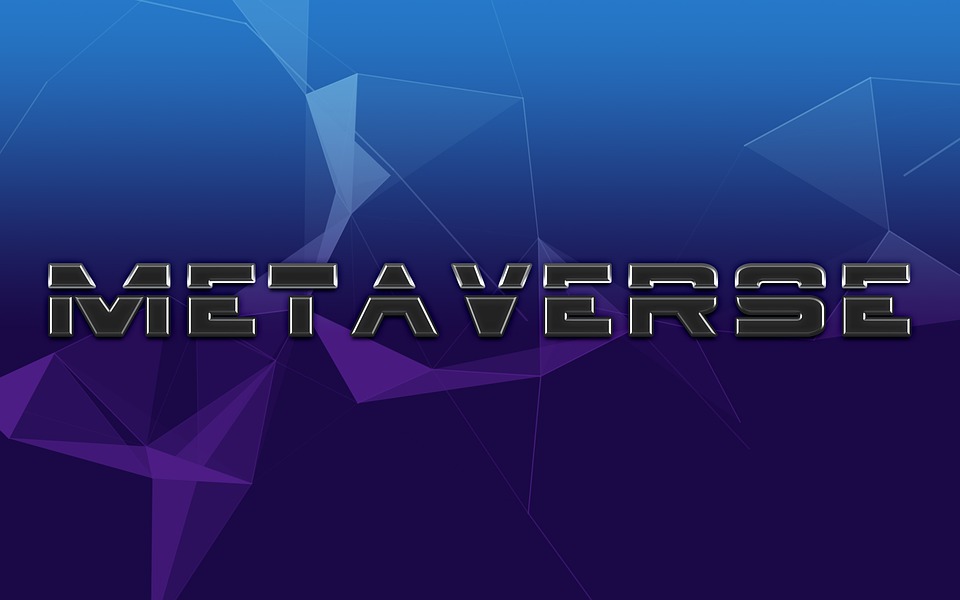Business
Should I Put Work Ethic on Resume?
by Admin
-
Tuesday, July 18, 2023
61 Views
As job seekers, we are often faced with the challenge of highlighting our qualifications and skills in a concise and effective manner on our resumes. One aspect that many individuals contemplate is whether they should include their work ethic as a separate section or mention it within their job descriptions. In this article, we will explore the significance of work ethic in resumes and provide insights to help you make an informed decision.
Introduction: The Importance of Work Ethic
Work ethic is a crucial aspect that employers look for in potential candidates. It encompasses qualities such as dedication, reliability, responsibility, and a strong commitment to achieving professional goals. Demonstrating a solid work ethic can make you stand out from other applicants, as it indicates your willingness to go the extra mile and contribute to the success of the organization.
Work Ethic Defined
Work ethic refers to the set of values and principles an individual applies to their work. It involves traits like punctuality, diligence, accountability, integrity, and self-motivation. Employees with a strong work ethic tend to be proactive, efficient, and dependable, making them valuable assets to any company.
Showcasing Work Ethic in Job Descriptions
Rather than having a separate section for work ethic on your resume, it is more effective to demonstrate it through your job descriptions. When describing your previous roles and responsibilities, focus on accomplishments that highlight your work ethic. For example, mentioning your ability to consistently meet deadlines, take initiative, or handle challenging tasks effectively can provide tangible evidence of your strong work ethic.
Highlighting Work Ethic as a Separate Section
While work ethic can be demonstrated through job descriptions, some job seekers prefer to create a separate section to explicitly highlight their work ethic. This section can include specific examples of projects or achievements that demonstrate your dedication and reliability. However, it is essential to keep this section concise and impactful, as hiring managers typically prefer to skim through resumes.
Addressing Work Ethic in the Cover Letter
If you choose not to include a separate section on work ethic, you can address it in your cover letter. Use this opportunity to briefly describe your work ethic and emphasize how it aligns with the company’s values and goals. Mention any relevant experiences or instances where your strong work ethic has made a positive impact.
Tailoring Your Resume to Specific Job Requirements
When deciding whether to include work ethic on your resume, consider the specific requirements of the job you are applying for. Some industries or positions may place greater emphasis on work ethic than others. If the job description specifically mentions the importance of work ethic, it is advisable to highlight it prominently on your resume.
Balancing Work Ethics with Other Qualifications
While work ethic is a valuable trait, it should not overshadow other qualifications and skills relevant to the job. Strike a balance by ensuring your resume effectively showcases a combination of work ethic, technical abilities, relevant experience, and educational background. Tailor your resume to highlight your unique strengths and accomplishments.
The Role of References in Demonstrating Work Ethic
Including references who can vouch for your work ethic can enhance your resume. Select individuals who have firsthand experience working with you and can attest to your dedication and reliability. Ensure that you inform your references in advance and provide them with any necessary information regarding the position you are applying for.
Incorporating Work Ethics in the Interview Process
The interview stage provides an excellent opportunity to further demonstrate your work ethic. Prepare compelling anecdotes or examples that showcase your strong work ethic and articulate them during the interview. By effectively conveying your commitment to professional excellence, you can leave a lasting impression on the interviewer.
Conclusion
In conclusion, work ethic skills play a vital role in the hiring process and can significantly impact your chances of securing a job. Whether you choose to showcase your work ethic through job descriptions, a separate section, or in your cover letter, it is crucial to provide tangible evidence of your dedication, reliability, and commitment. Remember to strike a balance between highlighting work ethic and other relevant qualifications to create a comprehensive and compelling resume.






